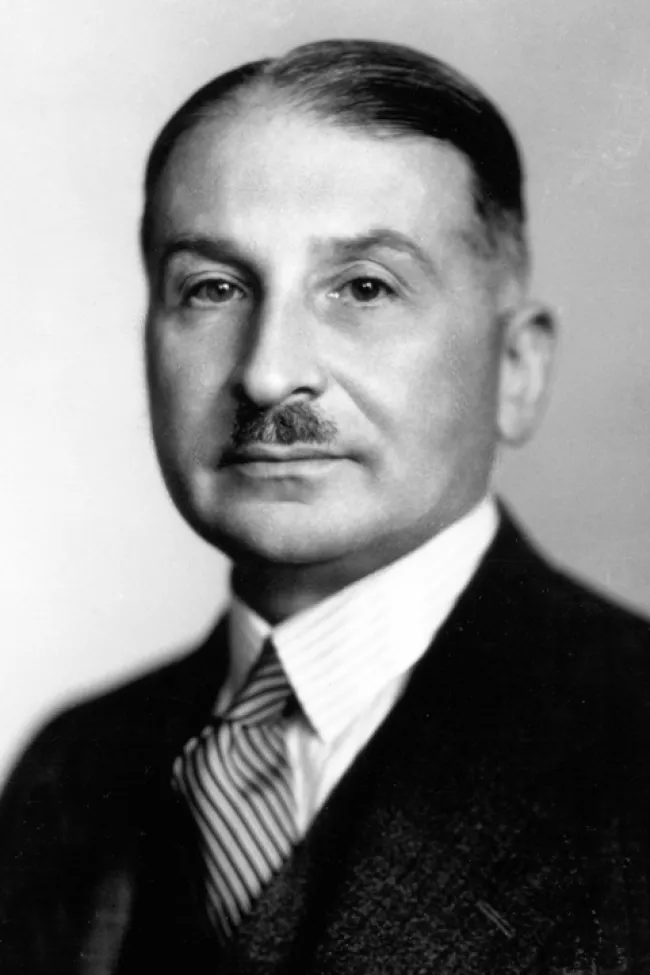- Downloads:
- Planning for Freedom and Twelve other Essays and Addresses.pdf
- planificacion-para-la-libertad-facsimile.pdf
- planificacion-para-la-libertad-libro-electronico.pdf
An enduring collection of Mises’s essays, some popular and others scholarly, but always engaging and provocative. The first edition came out in 1952, and headlined the essay “Planning for Freedom,” which makes the point that the choice isn’t between a planned economy and an unplanned one but rather one between government planning and planning by property owners. It was an address given in 1945 before the American Academy of Political and Social Science. Mises had legendarily shocked the audience by contrasting the “Bismarck orthodoxy” and the “Jefferson orthodoxy,” and using bad American economists to prove his point.
Other essays include: “Middle-of-the-Road Policy Leads to Socialism,” “Laissez Faire or Dictatorship,” “Inflation and Price Control,” “Economic Aspects of the Pension Problem,” “Economic Teaching at the Universities,” “Trends Can Change,” “The Political Chances Of Genuine Liberalism,” “The Gold Problem,” “Capital Supply and American Prosperity, and the central contribution ”Profit and Loss,” presented at the Mont Pelerin Society in 1951. It represents his most mature thinking on the core of the capitalist economy: the price system, calculation, the theory of cost, entrepreneurship, wealth accumulation, and competition.
In general, the essays are more accessible than Mises’s Human Action, and cover problems and applications he had not previously covered. This edition includes a very special bonus: “The Essential von Mises” by Murray Rothbard, which has long been regarded as the best short introduction to the life and work of Mises. Also added by the publisher are several tributes to Mises by former students.

No content found

Ludwig von Mises was the acknowledged leader of the Austrian school of economic thought, a prodigious originator in economic theory, and a prolific author. Mises’s writings and lectures encompassed economic theory, history, epistemology, government, and political philosophy. His contributions to economic theory include important clarifications on the quantity theory of money, the theory of the trade cycle, the integration of monetary theory with economic theory in general, and a demonstration that socialism must fail because it cannot solve the problem of economic calculation. Mises was the first scholar to recognize that economics is part of a larger science in human action, a science that he called praxeology.
Having warned of the rise of national socialism and having fled the German army's march into Austria, Ludwig von Mises was in an excellent position to analyze Nazi economic doctrine.
Having warned of the rise of national socialism and having fled the German army‘s march into Austria, Ludwig von Mises was in an excellent position to analyze Nazi economic doctrine.
The most popular method of deprecating capitalism is to make it responsible for every condition which is considered unsatisfactory.
Libertarian Press, 1974

